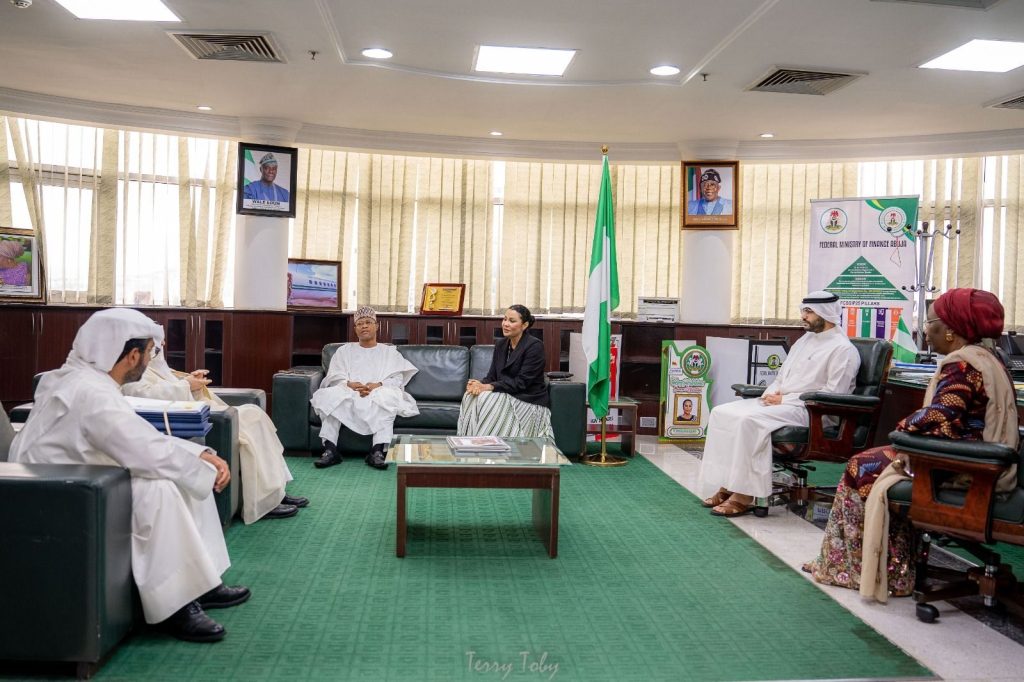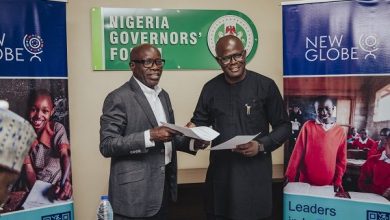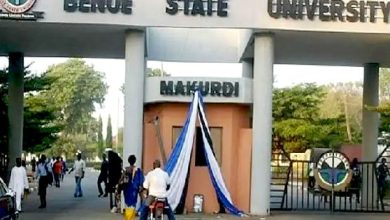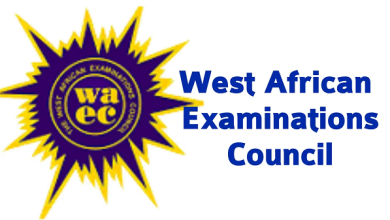Nigeria Secures $25.35m Kuwait Loan to Enrol Out-of-School Children in Kaduna
Nigeria secures $25.35M Kuwait loan to tackle out-of-school crisis, starting with Kaduna State.
Over 100,000 children to benefit as government launches bold education reform for vulnerable communities.
The Federal Government has secured a $25.35 million concessional loan from the Kuwait Fund for Arab Economic Development to support a major initiative aimed at reducing the number of out-of-school children in Kaduna State.

The loan forms part of a larger $62.8 million financing package assembled by multiple international partners to improve access to inclusive, quality education in one of Nigeria’s most underserved regions.
According to a statement by the Director of Information and Public Relations at the Ministry of Finance, Mohammed Manga, the loan will fund the “Reaching Out-of-School Children” program. This intervention targets vulnerable populations, including girls, children with disabilities, and internally displaced persons, across rural and low-income communities in Kaduna.
The program aims to enrol more than 100,000 children, build or upgrade over 200 schools, and strengthen teacher capacity and learning environments.
Speaking at the signing ceremony, Minister of Finance and Coordinating Minister of the Economy, Wale Edun, represented by Minister of State for Finance, Dr. Doris Uzoka-Anite, highlighted the administration’s focus on transparency, accountability, and impact-driven social investment.
“With millions of children still out of school across northern Nigeria, every dollar spent must yield meaningful results,” Edun said, adding that Kaduna’s education model could serve as a template for other states.
Kaduna State Governor, Senator Uba Sani, reaffirmed the state’s commitment to education reforms, revealing that Kaduna has already contributed its $1 million counterpart funding and increased its education budget to 26% of total state expenditure for 2025. Under the new program, the government will build 102 climate-resilient schools and rehabilitate 170 others.
Governor Sani stressed that the effort is not just about infrastructure but about restoring dignity, ensuring equity, and addressing deep-rooted barriers to education, particularly for girls and special-needs children in hard-to-reach areas.
Dr. Wahid Al-Bahar, Director-General of the Kuwait Fund, called the project “an investment in hope,” expressing confidence that success will be measured by increased enrolment, learning outcomes, and local ownership.
Other major contributors to the initiative include the Islamic Development Bank ($10.5 million loan), the Global Partnership for Education ($15.45 million grant), Education Above All Foundation ($10 million), Save the Children International ($0.5 million technical assistance), and Kaduna State’s $1 million contribution.
The Ministry of Finance will coordinate performance tracking and financial oversight with Kaduna State and development partners, ensuring regular monitoring of enrolment rates, teacher training, and learning benchmarks.



